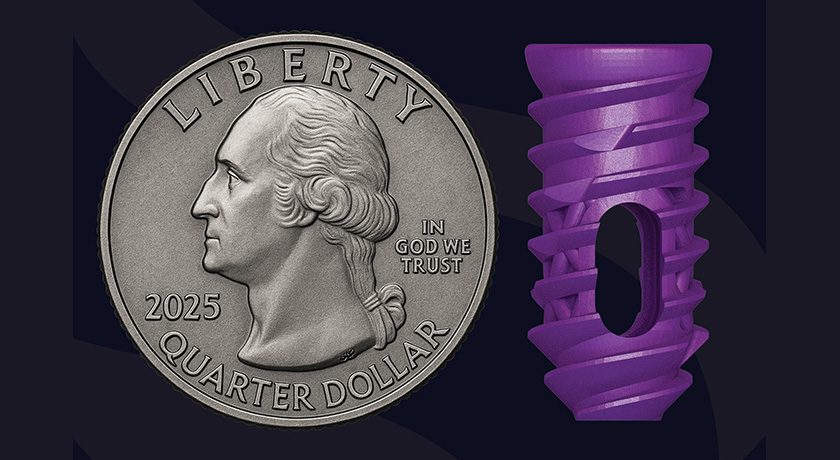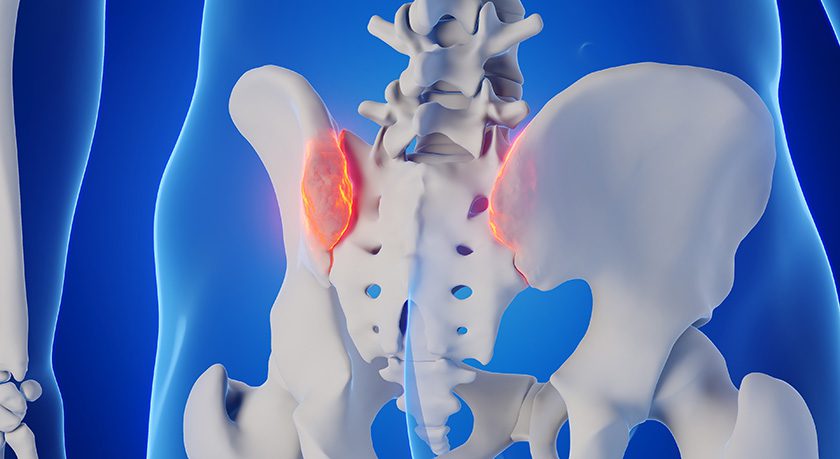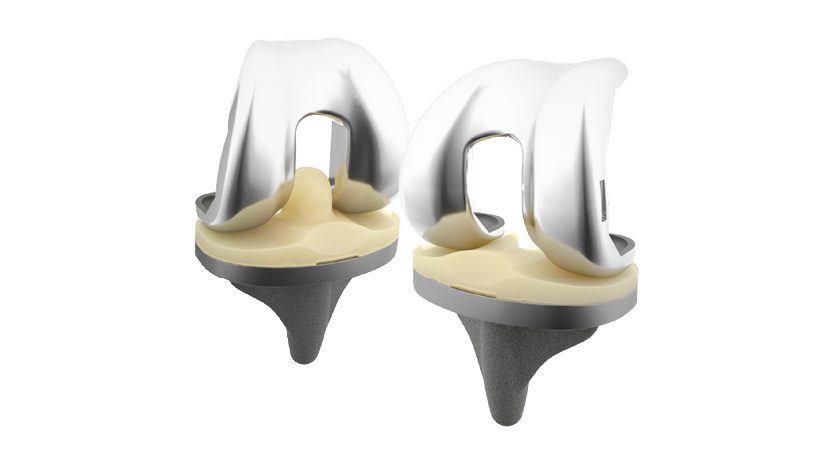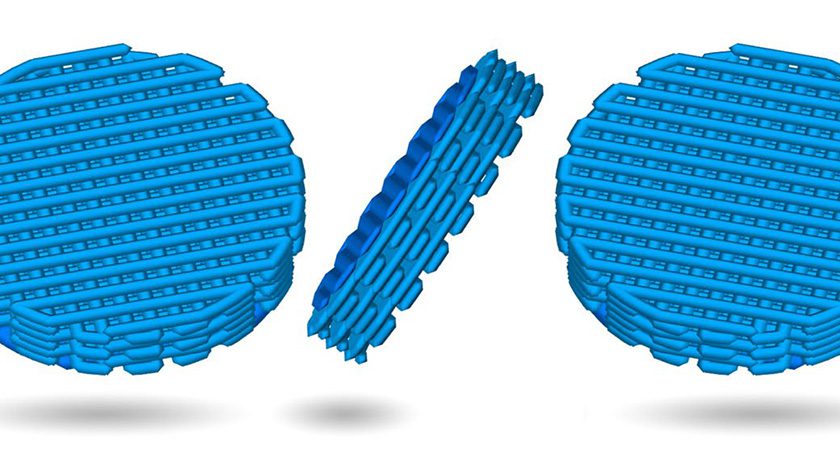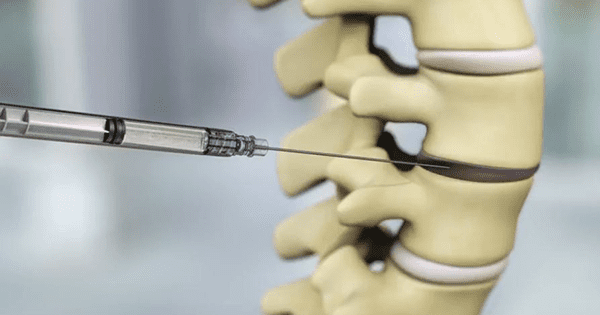

 Copy to clipboard
Copy to clipboard 
DiscGenics presented positive interim data from its ongoing Phase I/II clinical trial of IDCT (injectable disc cell therapy) for the treatment of degenerative disc disease.
The primary efficacy endpoint of the study (n=60) was achieved, with statistically significant improvement in back pain observed in the high dose IDCT group. For these patients, low back pain scores improved >30% as measured on a 100mm Visual Analog Scale (VAS) at Weeks 12 (–54.53% [–69.46, –39.60], p=0.0056), 26 (–50.94% [–66.10, –35.78], p=0.0140), and 52 (–62.79% [–77.13, –48.46], p=0.0005).
At these same timepoints, high dose IDCT also produced clinically meaningful, statistically significant improvements in function as measured by the Oswestry Disability Index and quality of life as measured by the EQ-5D Index Score.
No subjects in the IDCT treatment groups have experienced serious treatment-emergent adverse events.
The improvements in pain, function and quality of life at one-year post-injection exceeded minimum clinically important differences, which reflect changes in a clinical intervention that are meaningful for the patient.
DiscGenics is in the process of analyzing data from patient follow-up visits at weeks 78 and 104. The Company intends to submit the full dataset to FDA for consideration in an End of Phase II meeting targeted for 2H22.
In the meantime, DiscGenics is continuing to scale up its in-house manufacturing capabilities so it will have cells ready for future clinical and/or commercial application, depending on the outcome of the FDA’s review of the data.
Source: DiscGenics
DiscGenics presented positive interim data from its ongoing Phase I/II clinical trial of IDCT (injectable disc cell therapy) for the treatment of degenerative disc disease.
The primary efficacy endpoint of the study (n=60) was achieved, with statistically significant improvement in back pain observed in the high dose IDCT group. For these...
DiscGenics presented positive interim data from its ongoing Phase I/II clinical trial of IDCT (injectable disc cell therapy) for the treatment of degenerative disc disease.
The primary efficacy endpoint of the study (n=60) was achieved, with statistically significant improvement in back pain observed in the high dose IDCT group. For these patients, low back pain scores improved >30% as measured on a 100mm Visual Analog Scale (VAS) at Weeks 12 (–54.53% [–69.46, –39.60], p=0.0056), 26 (–50.94% [–66.10, –35.78], p=0.0140), and 52 (–62.79% [–77.13, –48.46], p=0.0005).
At these same timepoints, high dose IDCT also produced clinically meaningful, statistically significant improvements in function as measured by the Oswestry Disability Index and quality of life as measured by the EQ-5D Index Score.
No subjects in the IDCT treatment groups have experienced serious treatment-emergent adverse events.
The improvements in pain, function and quality of life at one-year post-injection exceeded minimum clinically important differences, which reflect changes in a clinical intervention that are meaningful for the patient.
DiscGenics is in the process of analyzing data from patient follow-up visits at weeks 78 and 104. The Company intends to submit the full dataset to FDA for consideration in an End of Phase II meeting targeted for 2H22.
In the meantime, DiscGenics is continuing to scale up its in-house manufacturing capabilities so it will have cells ready for future clinical and/or commercial application, depending on the outcome of the FDA’s review of the data.
Source: DiscGenics

You are out of free articles for this month
Subscribe as a Guest for $0 and unlock a total of 5 articles per month.
You are out of five articles for this month
Subscribe as an Executive Member for access to unlimited articles, THE ORTHOPAEDIC INDUSTRY ANNUAL REPORT and more.
JV
Julie Vetalice is ORTHOWORLD's Editorial Assistant. She has covered the orthopedic industry for over 20 years, having joined the company in 1999.


